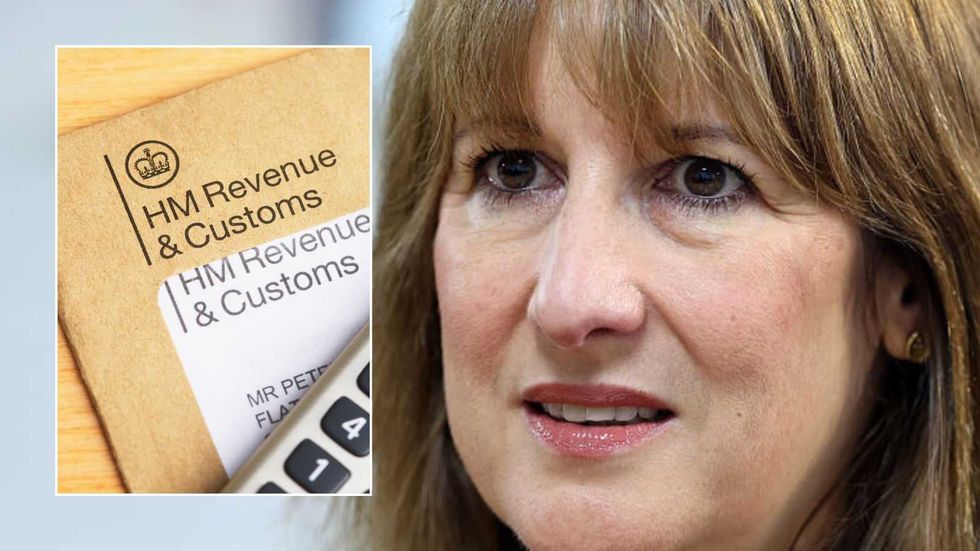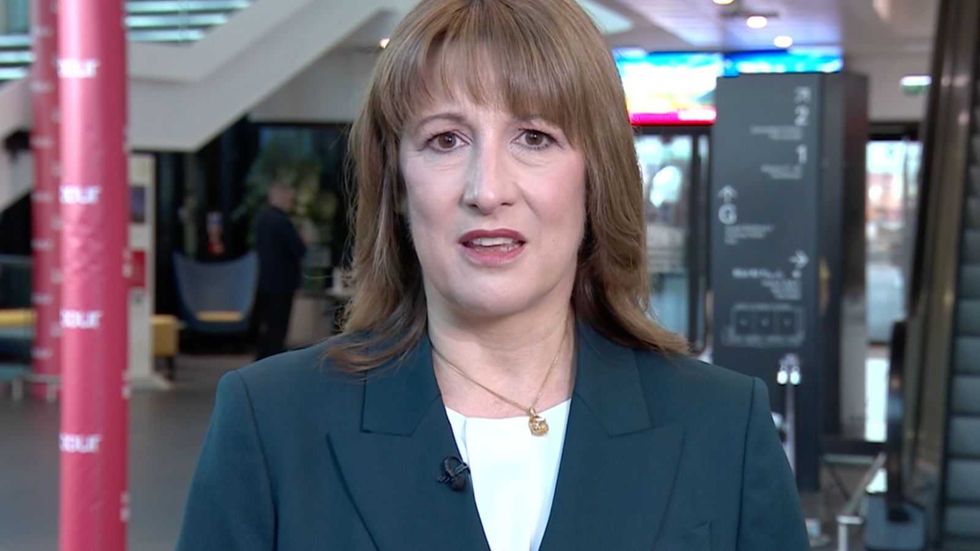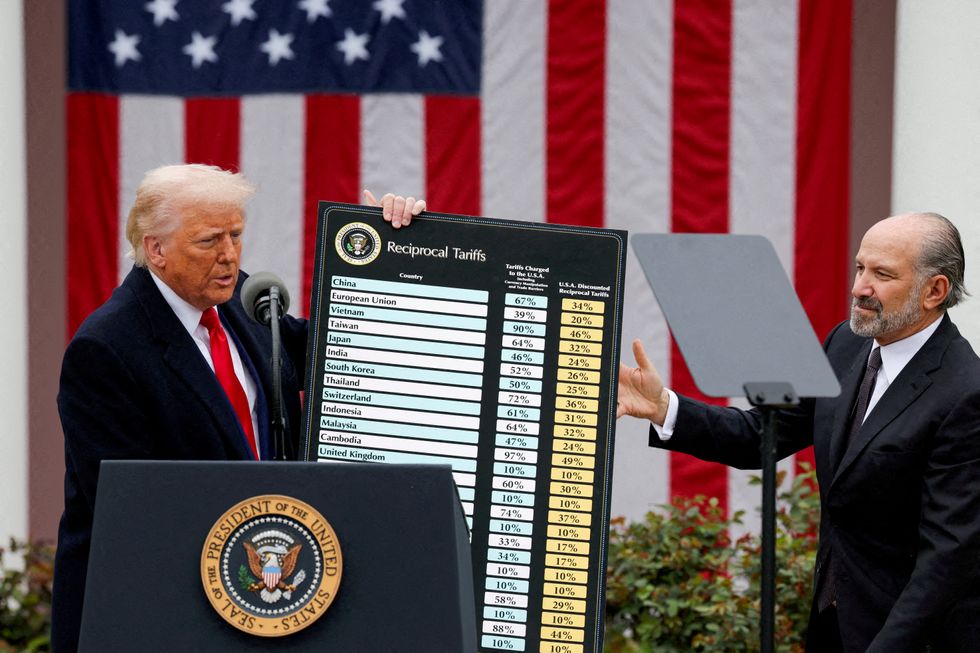Chancellor Rachel Reeves has dropped her biggest hint yet that a potential tax raid could be included in the upcoming Autumn Budget on November 26, 2026.
Earlier this morning, Ms Reeves declined to provide categorical assurances about VAT levels, despite Labour’s electoral commitment against raising the tax.
During media appearances at this year’s Labour Party Conference in Liverpool, the Chancellor repeatedly stated that the manifesto “stands” when pressed about potential VAT increases.
As it stands, VAT is charged at 20 per cent on most goods and services, with lower rates of five per cent and zero per cent being levied on certain items.

However, the Chancellor was asked to reiterate a promise she made to the Confederation of British Industry (CBI) last year, in which she pledged to not return to business leaders with “more borrowing more taxes”.
She refused to repeat this commitment and cited that the global economy has changed, noting her priority to restore “economic stability”.
“There are global headwinds at the moment, we can see that the world has changed hugely since the last election,” she told Sky News.
The Chancellor emphasised her determination to avoid increasing “key taxes that working people pay” whilst acknowledging the challenging fiscal environment.

Throughout her broadcast interviews this morning, Ms Reeves consistently avoided giving explicit guarantees about VAT. When directly asked to rule out an increase, she responded: “The manifesto stands and it stands for a reason.”
She declined to examine the manifesto “line by line” ahead of the budget, telling interviewers that “as soon as you answer one question you’ll move on to the next one”.
When questioned about whether raising VAT would constitute a tax increase on working people, the Chancellor acknowledged that VAT “was part of our manifesto pledges” and that “prices in the shops are obviously crucial to people’s living standards”.
The Chancellor has indicated that both taxation and public spending could face adjustments in the forthcoming Budget.
Furthermore, she confirmed to broadcasters that she would implement “a combination of changes, if needed, to tax and spending” to address an estimated £30billion shortfall in Government finances.
Ms Reeves pointed to international conflicts and economic pressures as factors altering the fiscal landscape.
“Whether it is wars in Europe and the Middle East, whether it is increased barriers to trade because of tariffs coming from the United States, whether it is the global cost of borrowing, we’re not immune to any of those things,” she told BBC Radio 4’s Today programme.
The Chancellor dismissed those claiming knowledge of Budget contents as “talking rubbish” and branded certain predictions as “very irresponsible”.
LATEST DEVELOPMENTS:
- Rachel Reeves ‘proud of what Labour’s achieved’ on economy despite stagnant growth
- Middle-income Britons face growing squeeze under crippling tax burden
- Pension warning: ‘Misunderstood’ tax rule costing savers £24,500 in retirement

She expressed concern that speculation had prompted individuals to make “irreversible decisions” with their finances based on unfounded rumours from the previous year.
Ms Reeves also indicated her preference for streamlining fiscal events, suggesting the Office for Budget Responsibility (OBR) should produce a single annual forecast rather than two.
She cited International Monetary Fund recommendations supporting this approach, stating: “Two full forecasts a year make it harder to have that one fiscal event.”
The Chancellor proposed alternative forecasting methods, including shorter-term projections or assessments focused solely on economic changes over specific periods.
Our Standards: The GB News Editorial Charter







Follow